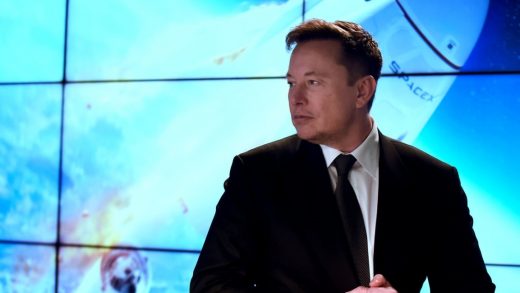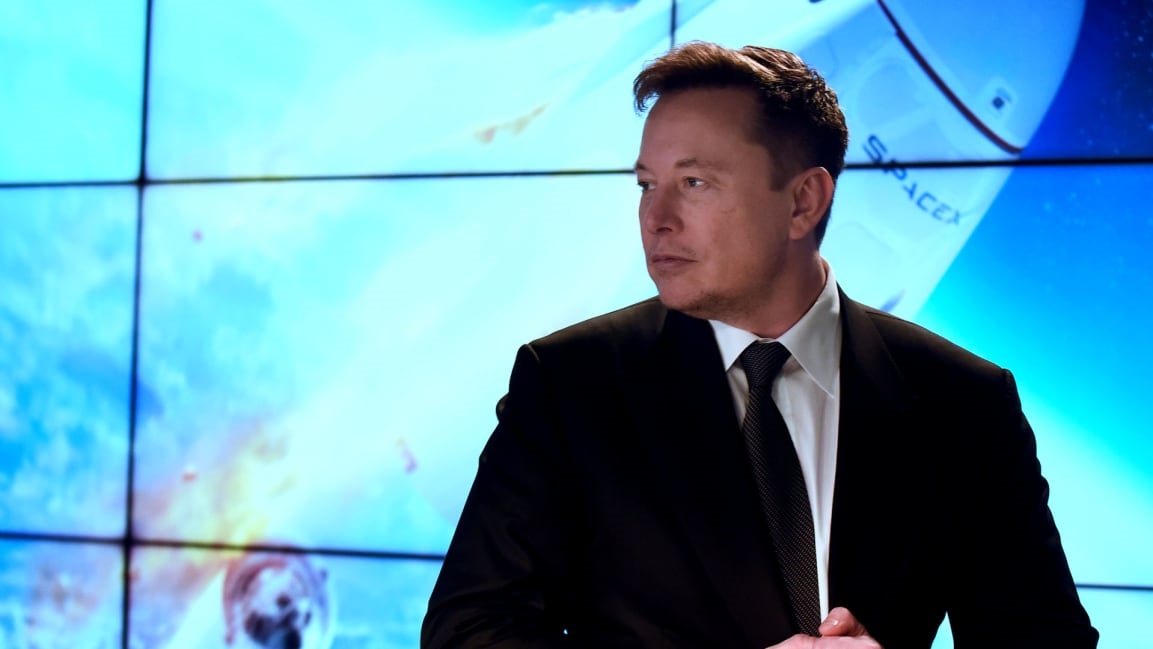Elon Musk asks all job candidates this one question
Back in 2017, Elon Musk, the CEO of SpaceX and Tesla was asked how he hires team members. He explained that he asks job candidates one simple but important question: “Tell me about some of the most difficult problems you worked on and how you solved them.”
While you’ll likely never be interviewed by Elon Musk, and you may not ever be asked this exact question in an interview, you can make yourself a stronger applicant by using it as a guiding principle in these five ways:
1. Be a problem-solver
This question is relevant no matter what industry you’re in. Write down the problems or challenges you’ve faced in each job you’ve had, and for each, indicate the steps you took to solve the problem, and the positive results you got. In doing this, you will be shaping your thinking around the impact you’ve had, rather than simply around the jobs you’ve been given.
2. Show your specific accomplishments
Once you’ve fully considered the question, look at your résumé and make sure it conveys these accomplishments, rather than simply listing the litany of positions you’ve held.
For example, avoid saying you were the director of marketing, overseeing a team of five professionals, and responsible for developing brand leadership for your company. That’s just a description of the job you were given. Instead, you could say you were director of marketing, and in that role, you and your team transformed your company’s brand from one that was No.6 in its market to one that was recently identified as No.1 in that same space.
3. Prepare properly
Creating well-structured responses can be challenging. There’s so much we want to say, but sometimes our thoughts come out of our mouths topsy-turvy. But learning to create smooth and persuasive answers is a skill, like any other. (It’s actually the topic of my most recent book, Impromptu: Leading in the Moment.) The most important thing you need to do is prepare properly by writing out potential questions and rehearsing your answers.
Once you’ve got all your answers written down, in full sentences, rehearse them out loud. You can do this best if you can convince a friend or a mentor to play the part of the interviewer. Rehearsing in your head is never as good as rehearsing out loud.
4. In the interview, go deep
When you’re being interviewed, make sure you “go deep” in your explanations of how you solved problems. Don’t get too wordy or go on beyond a minute or two, but discuss very specifically how you solved certain business problems.
As Musk explained in the same interview: “The people that really solved the problem, they know exactly how they solved it, and they know the little details. But those who are just pretending go into just one level of detail, then they get stuck.”
Explain what problem you solved, exactly how you did it, what resources you used, what challenges you met on the way to the solution, how you addressed those challenges, and what results you achieved for your company.
5. Be ready to tell your life story effectively
Finally, be prepared to apply this same problem-solving theme to answer questions about your life as a whole. Elon Musk says he asks candidates to “tell me the story of your life and the decisions you made along the way and why you made them.”
The temptation for any job candidate when hearing this question might be to go on and on (“I did this, I did that, and then I did . . .”). This chronological approach would lead to a long-winded information dump. A better approach is to use the problem/solution approach. Identify a challenge you had earlier in life and how you addressed it as you moved forward in your life and career.
Musk himself applies this approach. When asked about the trajectory of his life, he said that as a child, he always wanted to know “what’s the meaning of life, why are we here, what’s it all about?” That drove him, he says, to ask certain questions and develop his career path. His part, he explained, has been to create transportation solutions that make life better life on earth—and beyond.
(53)



